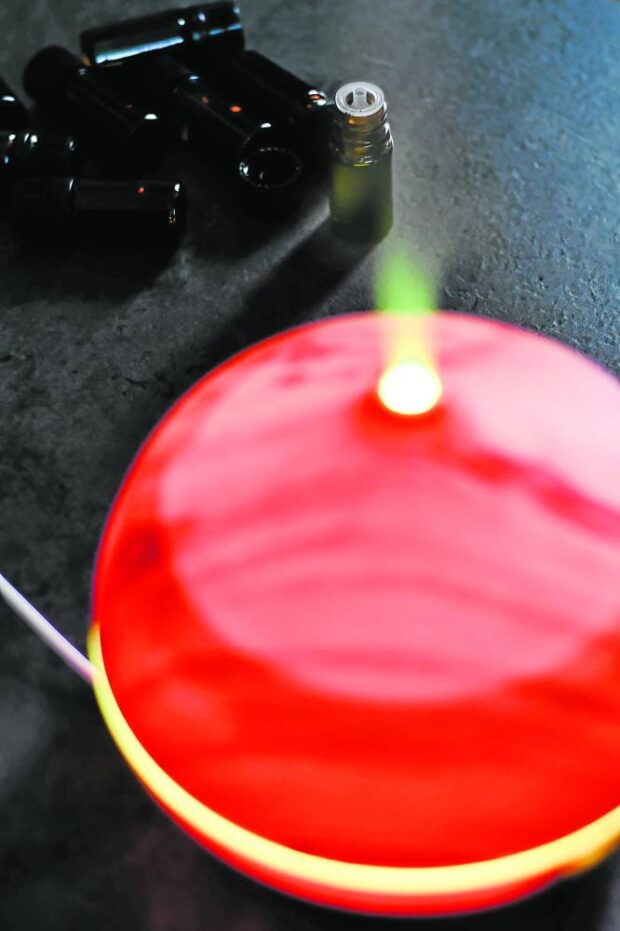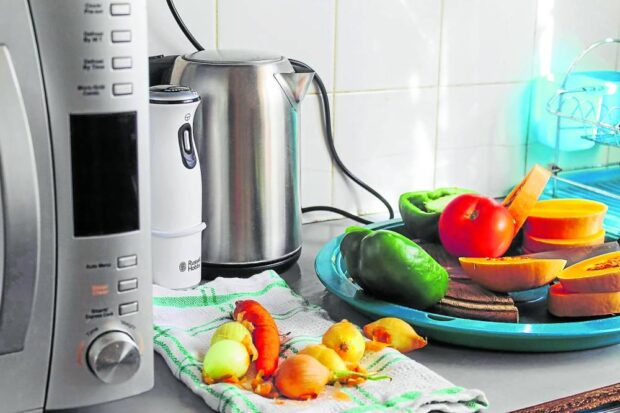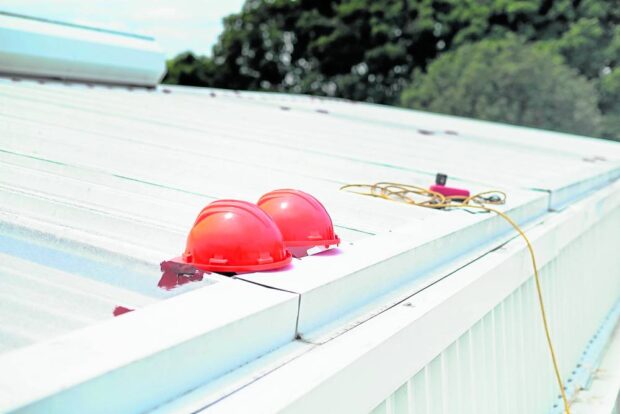Prolonging the life expectancy of your precious homes

Stone-built homes can last for centuries.
Nothing lasts forever—and sadly, that includes your house.
At some point, your shiny new home today will eventually decay and lose its splendor. From the shower to the roof, each part of your home has a limited lifespan during which it can perform its function well. Beyond that, you should just say thanks for its service and find a new one.
The question remains though: how long can you live in your house? Why do some heritage homes make it past a century, while some modern ones don’t survive an average earthquake? If you’re looking for ways to prolong your home, you’ve come to the right place. Let’s check out how long each part of your home is expected to last and if you can do something about it.
The toilet may be your lifetime companion
Are you wondering which item in your house will outlast your lifetime?
The average life expectancy of common household items was determined in a February 2007 study done by the National Association of Home Builders and the Bank of America Home Equity. While the years remain largely dependent on the quality of installation, maintenance, and weather in the area where you live, the results of the study aim to serve as a general guideline to set homeowners’ expectations of their domestic items.
According to the report, most built-in items such as concrete, countertops, doors, and poured footings are expected to last a lifetime. Some items, such as electrical copper wiring, may also last long for decades provided that they are installed in the proper environment. Your average toilet is also expected to last a lifetime but its valves and other components may require regular maintenance. Your home appliances, however, will eventually meet their end given a few years or decades—if you’re lucky.

Humidifiers have short life expectancies of six years or less.
The study states that gas boilers may be the appliances with the longest life spans at 21 years. Humidifiers, dehumidifiers, and compactors only last from six to eight years though.
When it comes to finishes, your chosen material may determine the life expectancy of your floors and walls. Authentic wooden floors are expected to last a lifetime, while carpet finish may only last from eight to 10 years. Paint finishes last for an average of 15 years. If you’ve gone with a brick or stone wall home though, you’re in luck. These can last for centuries as seen in many heritage houses.
Choose your materials wisely
The report expresses some good news that while technology improves over time, many of the items on the list are expected to be made more durable in the coming years. It goes without saying, however, that you shouldn’t be surprised when your aluminum roof starts leaking or your airconditioning starts malfunctioning past its prime.
To prolong your house’s overall life expectancy, it’s best to go with durable materials that have been proven to last for many years.
When it comes to your gutters and downspouts, for example, copper ones can last as long as a century while their aluminum and galvanized steel counterparts are expected to last 20 years only. The most durable floors are made out of wood and bamboo provided that they are installed with the proper termite treatment and in the right environment. You can also go with marble, tiles and brick pavers as alternatives.
Style vs durability
In addition, trends may dictate how long items may last in your home.
For example, your all-pink appliances in the kitchen today may just feel right in the aftermath of the Barbie movie mania. A few years down the line, however, you may opt to replace them to adhere to new trends of the season. Unless you’re maintaining things for Instagram or the like, it’s more practical to go with timeless and enduring designs when it comes to your domestic items. This is not only good for your wallet, but also for the environment.

Microwaves and other frequently used household appliances may not last long.
Use items with care
It comes as no surprise that frequently-used (and abused!) appliances have short lifespans.
Microwaves have a maximum lifespan of nine years, but they may last less if you plug them in the wrong socket or occasionally heat up Styrofoam. Standard fridges usually last for up to 13 years, but compact ones last less than a decade.
When buying such items, consider the brand, make and manufacturer’s warranty. It’s best to buy these items brand new and not second hand, as you never know when your pre-loved electrical appliances will break down on you or worse, set a house fire.

Metal roof gutters are expected to last 20 years or less.
Be prepared for occasional repairs
For your home to be in tip-top shape for as long as possible, anticipate some maintenance work, repairs and minor renovations after a decade or so.
Plumbing and electrical repairs, in particular, are necessary to avoid flooding and fires inside your home. While there are a lot of talented handymen out there to help you with your repairs, choose wisely. Cheap repair services may incur heavy expenses in the long run due to back jobs and misdiagnoses. Go with companies or people that are considered experts in their particular fields.
Remember that a contractor may be good in building construction, but not necessarily great in repair works. Hire someone who has proven himself capable of the particular job on hand.
The liability of your builders
Your house should last 15 years or more without any problem, provided it is built correctly and without any defects. If it doesn’t, the architect-of-record and house contractor are liable for damages if the reason is found to be because of their work. To ensure that this doesn’t happen, always work with a licensed and established professional when building your home.
While nothing lasts forever, your house can last long with good maintenance and proper use. Provided that you do the occasional maintenance, work and replace malfunctioning components, it can last your lifetime. Your kids and grandkids may be lucky if they get to inherit a well-functioning house in the future, but they would definitely have to keep up with the maintenance to prolong the house’s lifespan.
Sources:
National Association of Home Builders/ Bank of America Home Equity. “Study of Life Expectance of Home Components.” February 2007. Retrieved 26 January 2024. https://www.homeinspectalaska.com/wp-content/uploads/2016/08/component_Life_expectancy.pdf; Phenyo Deluxe, Anastasia Shuraeva, Los Muertos Crew, and Eva Bronzini via pexels.com